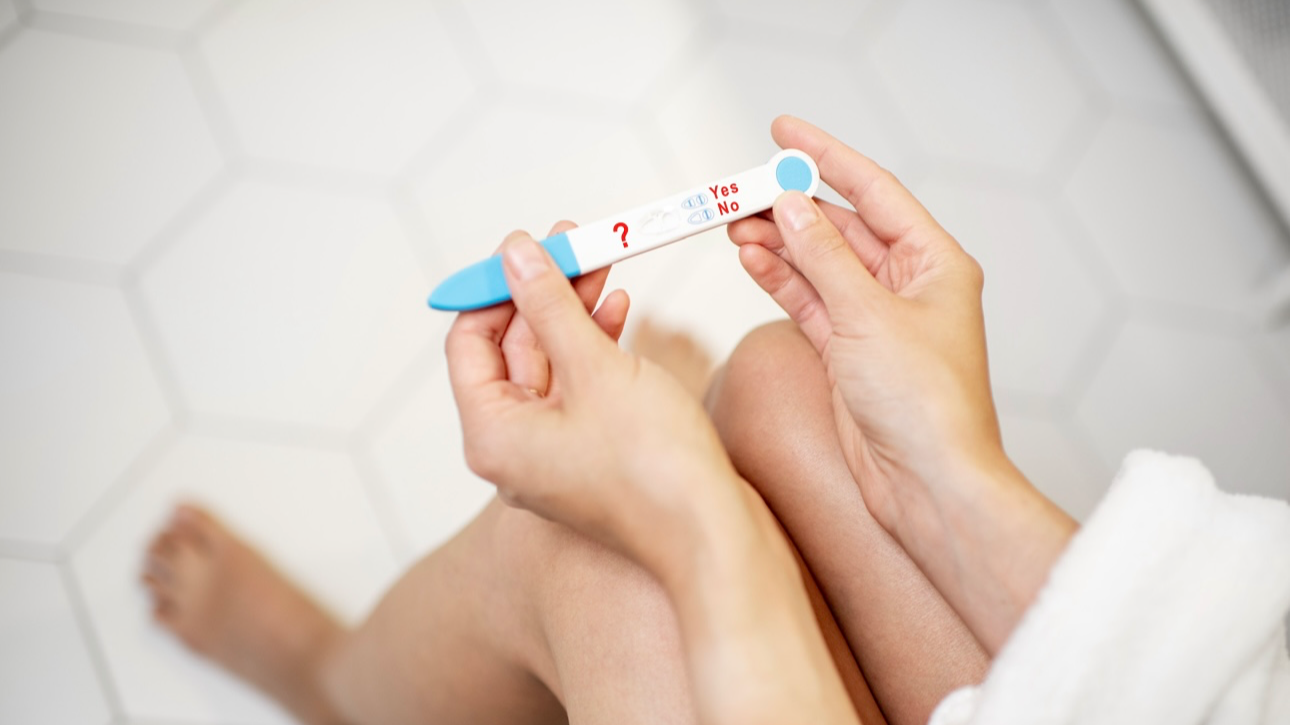How Long After Implantation Does hCG Rise? Understanding the Early Pregnancy Hormone
Implantation is a crucial step in the early stages of pregnancy. After fertilization, the embryo travels through the fallopian tube and implants itself into the lining of the uterus. Once implantation occurs, the body begins to produce a hormone called human chorionic gonadotropin (hCG). This hormone is responsible for supporting the pregnancy and can be detected through pregnancy tests. In this article, we will explore the timeline of hCG rise after implantation and provide insights into what to expect during early pregnancy.
Understanding Implantation
Implantation typically occurs around 6-12 days after fertilization, although it can vary slightly from woman to woman. During this process, the embryo burrows into the uterine lining and establishes a connection with the mother’s blood supply. Implantation is essential for the successful development of the pregnancy and the production of hCG.
Timeline of hCG Rise After Implantation
After implantation, hCG levels begin to increase. The timeline of hCG rise can vary depending on several factors, including the sensitivity of the pregnancy test used and the individual woman’s hCG production. However, there is a general pattern to the rise of hCG levels in early pregnancy:
1. Early Rise: In the first few days after implantation, hCG levels may be relatively low and may not be detectable by most pregnancy tests. During this time, the embryo is still establishing its connection with the uterine lining, and hCG production is just beginning.
2. Detectable Levels: Around 10-14 days after implantation, hCG levels typically reach a point where they can be detected by a home pregnancy test. However, it’s important to note that the sensitivity of the test can affect when a positive result is obtained. Some tests can detect hCG at lower levels, while others require higher levels for a positive result.
3. Doubling Every 48-72 Hours: After the initial detection of hCG, levels should double every 48-72 hours in a healthy pregnancy. This rapid increase is a positive sign and indicates that the pregnancy is progressing as expected. However, it’s important to note that individual hCG levels can vary, and a slower rate of increase does not necessarily indicate a problem.
4. Peak Levels: hCG levels continue to rise throughout the first trimester of pregnancy. By around 10 weeks gestation, hCG levels reach their peak and begin to decline gradually. This decline is normal and does not indicate a problem.
Factors Affecting hCG Levels
Several factors can influence hCG levels and the rate of rise after implantation. These factors include:
1. Number of Embryos Implanted: In pregnancies resulting from assisted reproductive technologies, such as in vitro fertilization (IVF), hCG levels may be higher due to the potential presence of multiple embryos.
2. Timing of Implantation: The timing of implantation can vary from woman to woman. If implantation occurs later than average, it may delay the rise of hCG levels and the detection of pregnancy.
3. Individual Variation: Each woman’s body produces hCG at a slightly different rate. Some women may have higher hCG levels, while others may have lower levels, but both can still have healthy pregnancies.
4. Viability of the Pregnancy: In some cases, slow-rising or declining hCG levels may indicate a potential problem with the pregnancy, such as an ectopic pregnancy or a miscarriage. However, it’s important to consult with a healthcare provider for proper evaluation and interpretation of hCG levels.
Seeking Medical Advice
If you suspect you are pregnant and have taken a home pregnancy test with a positive result, it is advisable to consult with a healthcare provider for confirmation and further guidance. They may perform a blood test to measure hCG levels and monitor their progression. This can provide valuable information about the viability and progression of the pregnancy.
It’s important to remember that hCG levels alone cannot determine the viability of a pregnancy. Other factors, such as ultrasound imaging and the presence of pregnancy symptoms, should also be taken into consideration.
hCG levels rise after implantation, signaling the beginning of a pregnancy. The timeline of hCG rise can vary, but in general, hCG levels become detectable by home pregnancy tests around 10-14 days after implantation. hCG levels should double every 48-72 hours in a healthy pregnancy. Factors such as the number of embryos implanted, timing of implantation, and individual variation can affect hCG levels and the rate of rise. If you suspect you are pregnant, it is best to consult with a healthcare provider for confirmation and further evaluation. They can provide guidance and support throughout the early stages of pregnancy.









